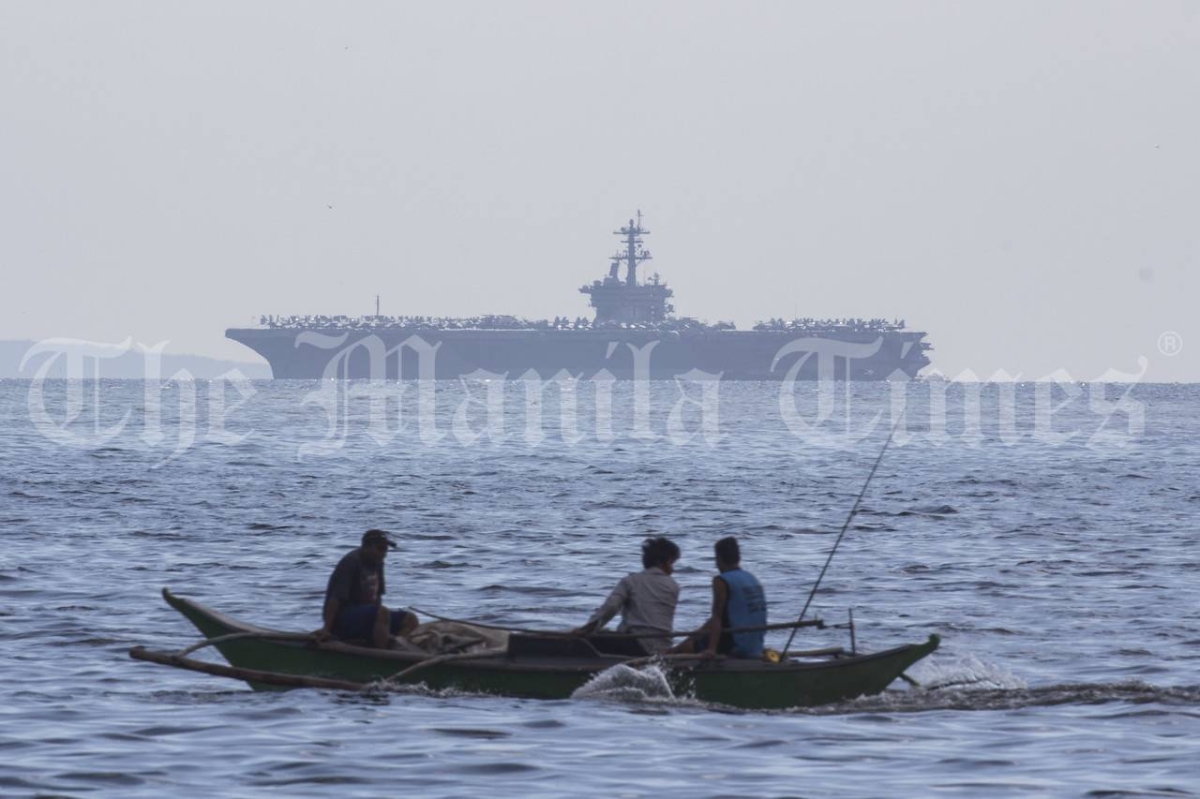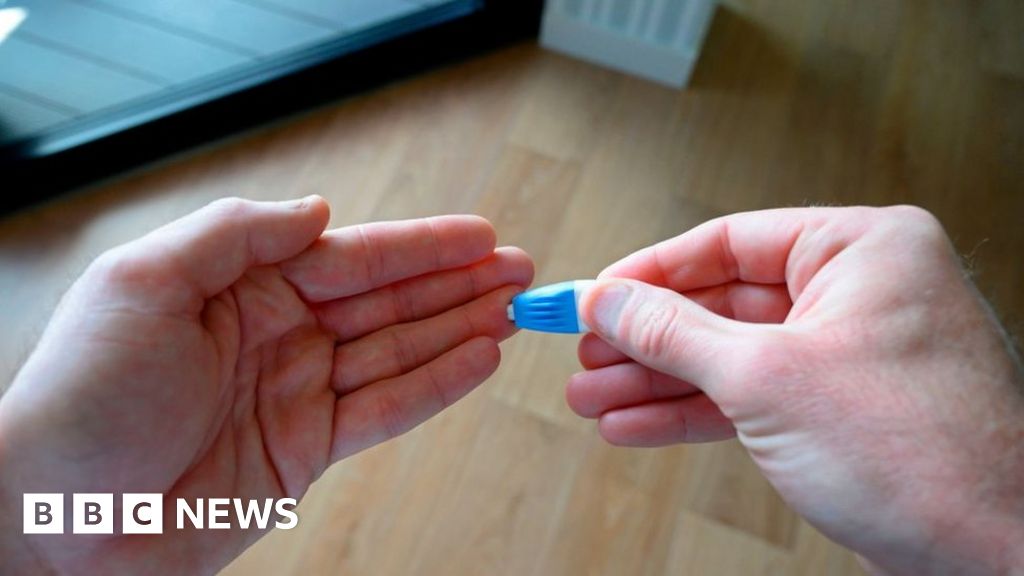EU eyes more naval visits to disputed South China Sea
THE European Union wants to step up its naval visits and possibly engage in joint military training exercises to promote freedom of navigation and respect for international law in the disputed South China Sea, an EU official said Wednesday.EU special envoy to the Indo-Pacific region Richard Tibbels said the 27-nation bloc is also ready to provide satellite surveillance to help countries like the Philippines respond to natural disasters and protect their interests, as tensions pitting China against its smaller neighbors escalate in the disputed waterway.The outreach is part of an EU strategy, unveiled in 2021, to focus its actions in the Indo-Pacific to contribute to regional security amid more intense geo-political competition. The long-term engagement would be grounded on shared values, including a commitment to respect democracy, human rights and the rule of law, Tibbels said."We really have a strong interest in making sure that freedom of navigation and overflight continues and that the global trading system is not affected by increasing tensions in the region," Tibbels told The Associated Press in an interview in Manila, where he met Philippine foreign, defense and coast guard officials.About 40 percent of the EU's foreign trade transits through the South China Sea, making stability a key concern."We will be trying to step up our naval presence," Tibbels said, when asked what steps the EU was prepared to take to help uphold freedom of mobility and international law, including the 1982 U.N. Convention on the Law of the Sea, in the disputed waters.Some European countries, including Germany, have deployed warships in the region in recent years."We will be trying to encourage and coordinate our member states to continue such naval visits even joint exercises should that be possible," he said. Such deployments would be "relatively modest" but could be done regularly given the capabilities of the bloc's member states, he said.The US military has deployed aircraft carriers, warships and fighter jets for regular patrols that challenge China's expansive territorial claims, provoking angry reactions from Beijing.A similar coordinated EU naval presence in the northwestern Indian Ocean has been organized to promote freedom of navigation and repel pirate attacks on commercial shipping. The effort could expand eastward in the future, nearer to Asia "as member states' naval capacities allow," Tibbels said.Tibbels reiterated EU support for efforts by the Association of Southeast Asian Nations to negotiate "an acceptable code of conduct" with China to prevent the long-simmering territorial conflicts from escalating into armed confrontations.Asean members the Philippines, Vietnam, Malaysia and Brunei, along with China and Taiwan, have long been locked in a tense territorial standoff in the South China Sea, which straddles some of the world's busiest sea lanes and is believed to be sitting atop considerable undersea oil and gas deposits.Tibbels also addressed concerns over tensions between China and Taiwan, saying the EU has continuously warned about the massive disruption to the global trading system, including to China, if the situation spirals out of control in the Taiwan Strait.China claims Taiwan as its own territory to be brought under its control by force if necessary. Top US officers have called for heightened preparations, saying in memos and congressional testimony that China sees a shrinking window for action and may move on Taiwan within a few years."We're talking to our like-minded partners. We want to be prepared. We want to work out what would need to be done in case of increasing tensions and that's quite a work going on behind the scenes," Tibbels said."But I think you can obviously count on the reaction of like-minded partners being robust should untoward developments happen," Tibbels said, without elaborating.

THE European Union wants to step up its naval visits and possibly engage in joint military training exercises to promote freedom of navigation and respect for international law in the disputed South China Sea, an EU official said Wednesday.
EU special envoy to the Indo-Pacific region Richard Tibbels said the 27-nation bloc is also ready to provide satellite surveillance to help countries like the Philippines respond to natural disasters and protect their interests, as tensions pitting China against its smaller neighbors escalate in the disputed waterway.
The outreach is part of an EU strategy, unveiled in 2021, to focus its actions in the Indo-Pacific to contribute to regional security amid more intense geo-political competition. The long-term engagement would be grounded on shared values, including a commitment to respect democracy, human rights and the rule of law, Tibbels said.
"We really have a strong interest in making sure that freedom of navigation and overflight continues and that the global trading system is not affected by increasing tensions in the region," Tibbels told The Associated Press in an interview in Manila, where he met Philippine foreign, defense and coast guard officials.
About 40 percent of the EU's foreign trade transits through the South China Sea, making stability a key concern.
"We will be trying to step up our naval presence," Tibbels said, when asked what steps the EU was prepared to take to help uphold freedom of mobility and international law, including the 1982 U.N. Convention on the Law of the Sea, in the disputed waters.
Some European countries, including Germany, have deployed warships in the region in recent years.
"We will be trying to encourage and coordinate our member states to continue such naval visits even joint exercises should that be possible," he said. Such deployments would be "relatively modest" but could be done regularly given the capabilities of the bloc's member states, he said.
The US military has deployed aircraft carriers, warships and fighter jets for regular patrols that challenge China's expansive territorial claims, provoking angry reactions from Beijing.
A similar coordinated EU naval presence in the northwestern Indian Ocean has been organized to promote freedom of navigation and repel pirate attacks on commercial shipping. The effort could expand eastward in the future, nearer to Asia "as member states' naval capacities allow," Tibbels said.
Tibbels reiterated EU support for efforts by the Association of Southeast Asian Nations to negotiate "an acceptable code of conduct" with China to prevent the long-simmering territorial conflicts from escalating into armed confrontations.
Asean members the Philippines, Vietnam, Malaysia and Brunei, along with China and Taiwan, have long been locked in a tense territorial standoff in the South China Sea, which straddles some of the world's busiest sea lanes and is believed to be sitting atop considerable undersea oil and gas deposits.
Tibbels also addressed concerns over tensions between China and Taiwan, saying the EU has continuously warned about the massive disruption to the global trading system, including to China, if the situation spirals out of control in the Taiwan Strait.
China claims Taiwan as its own territory to be brought under its control by force if necessary. Top US officers have called for heightened preparations, saying in memos and congressional testimony that China sees a shrinking window for action and may move on Taiwan within a few years.
"We're talking to our like-minded partners. We want to be prepared. We want to work out what would need to be done in case of increasing tensions and that's quite a work going on behind the scenes," Tibbels said.
"But I think you can obviously count on the reaction of like-minded partners being robust should untoward developments happen," Tibbels said, without elaborating.

















